Putin declares state of emergency after massive fuel leak pollutes river in the Arctic Circle
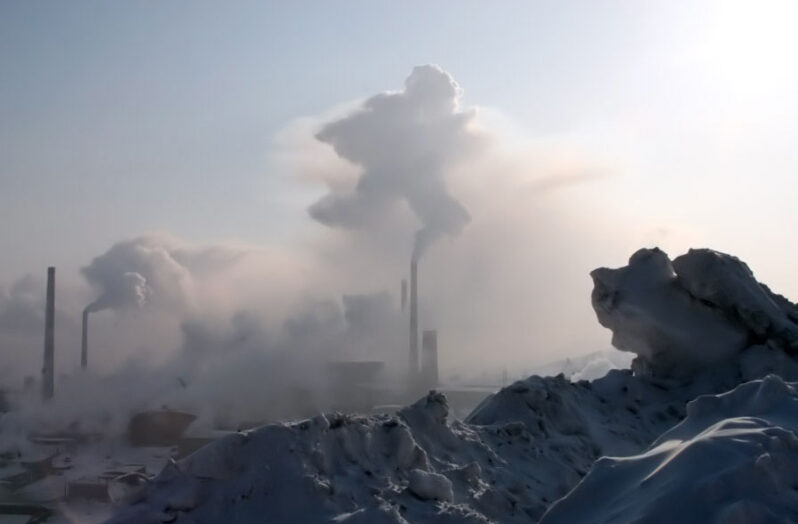
Russian President Vladimir Putin has declared a state of emergency in the Siberian city of Norilsk after a massive fuel leak spilled into a river. Environmentalists call it one of the worst ever seen in the Arctic.
Scientists tackle starfish plagues on endangered Great Barrier Reef
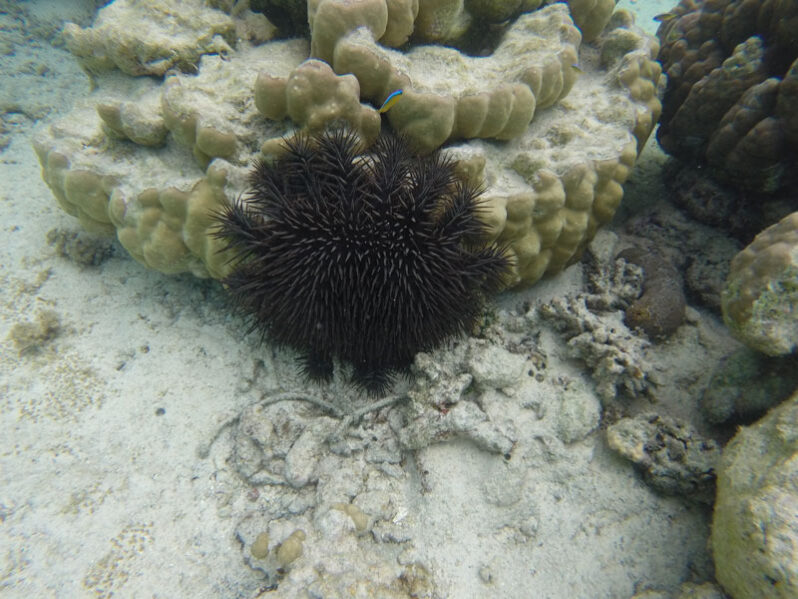
Crown-of-thorns starfish are the second biggest threat to the already endangered Great Barrier Reef — the world’s largest coral reef system, right behind tropical cyclones. Over the past decades, they have attacked the reefs in waves of outbreaks.
Two vital buffers against climate change are just offshore
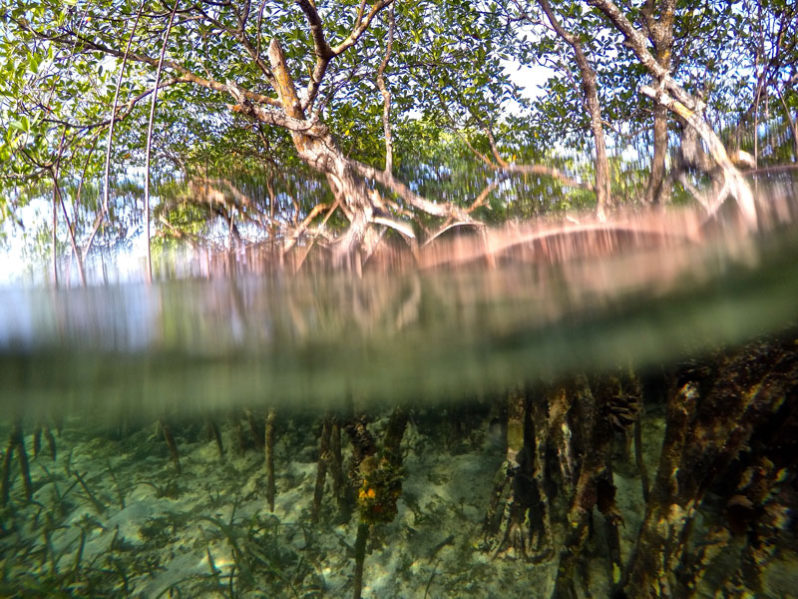
A new study finds that about 31 million people worldwide live in coastal regions that are “highly vulnerable” to future tropical storms and sea-level rise driven by climate change. In some of those regions, however, powerful defenses are located just offshore.
Antarctic ice sheets capable of retreating up to 50 meters per day
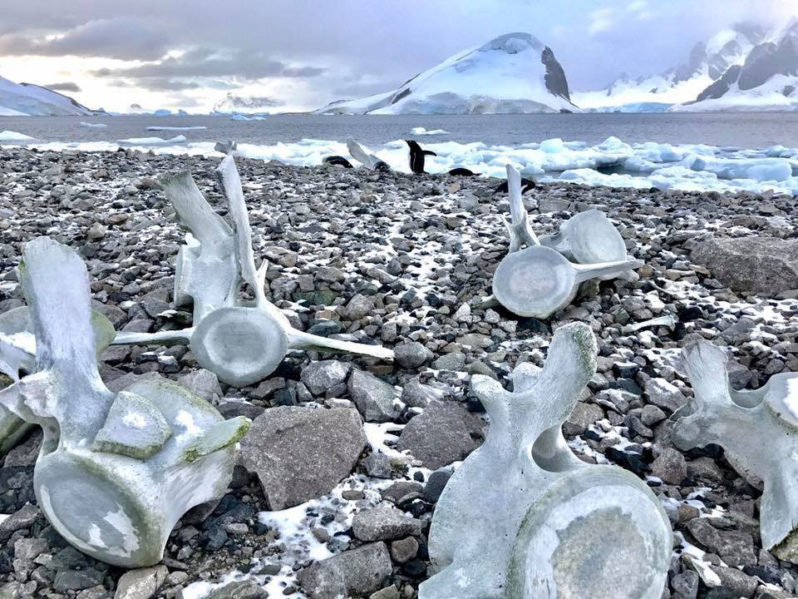
The ice shelves surrounding the Antarctic coastline retreated at speeds of up to 50 meters per day at the end of the last Ice Age, far more rapid than the satellite-derived retreat rates observed today, new research has found.
Climate concerns as Siberia experiences record-breaking heat
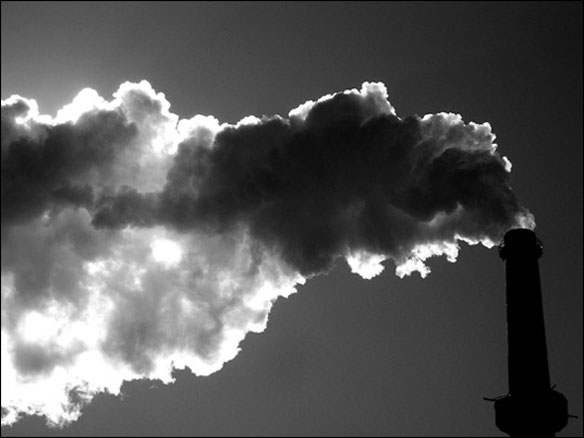
One of the coldest regions on earth has been experiencing a record-breaking heat wave in recent weeks amid growing fears about devastating wildfires and melting permafrost.
Will floating turbines usher in a new wave of offshore wind?
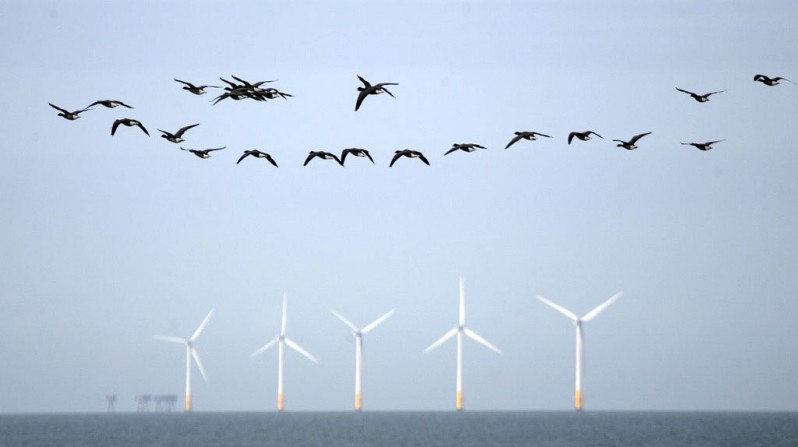
As locations for wind energy fill up onshore and near-shore, companies are deploying floating turbines that can be sited in deep waters, out of view from the coast. Proponents contend the new technology could boost the wind industry, but daunting challenges, including costs, remain.
Connecting coastal processes with global systems
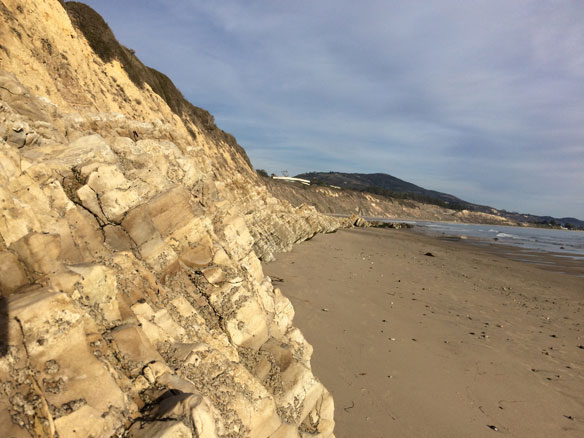
We live, work, and play at the coast. About 40 percent of the world’s population currently lives near the coast. By 2100, more than twice as many people could live in areas susceptible to flooding, given sea level rise, urban growth, and high carbon dioxide emission scenarios.
Stripe picks $1 million in carbon-removal projects to spur industry
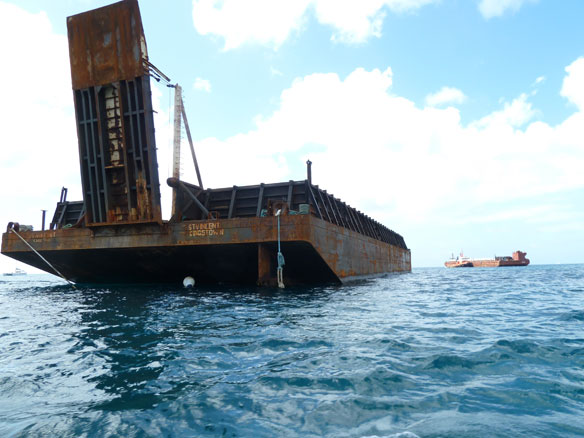
The billionaire brothers who control San Francisco-based online payments company Stripe are spending a quarter of a million dollars to import special sand to a remote Caribbean beach.
Put ‘super beachfront’ lots off limit
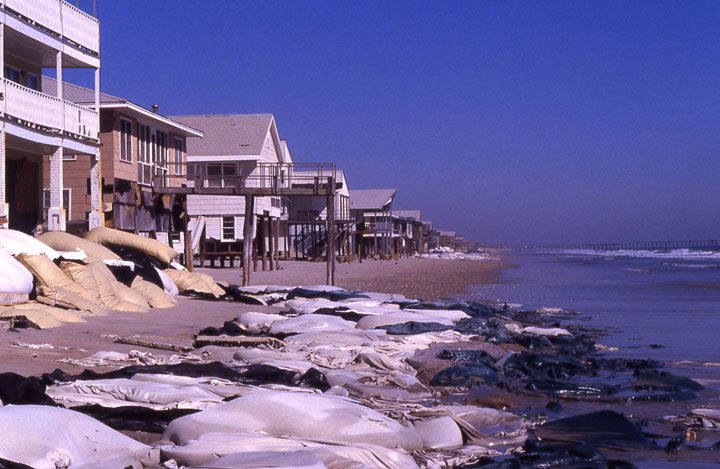
Super beachfront lots, many platted in the 1940s and ’50s, are properties that were reclaimed by the ocean but have since re-emerged, thanks to taxpayer-funded beach renourishment.
